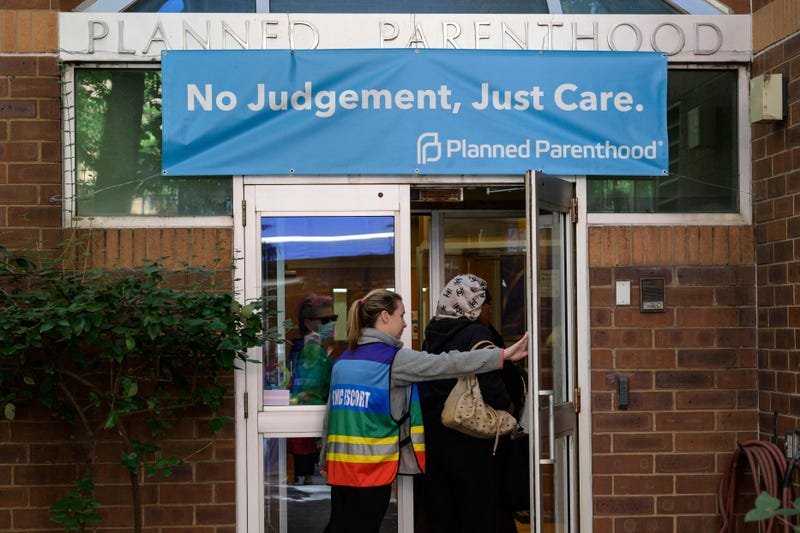
HARRISBURG, Pa. (KYW Newsradio) — The Pennsylvania Supreme Court on Monday ordered a lower court to reconsider a case challenging the constitutionality of a 1982 state law that limits the use of Medicaid dollars to cover the cost of abortions — which could have wide-ranging effects on low-income residents’ access to abortion.
The 3-2 decision both reverses a Commonwealth Court decision to dismiss the case and puts aside a 1985 state Supreme Court court decision that upheld a law banning the use of state Medicaid dollars for abortion, except in cases of rape or incest or to save the life of the mother.
The high court’s majority said Monday that prior court decisions did not fully consider the breadth of state constitutional protections against discrimination.
The challenge was filed by abortion providers across Pennsylvania, arguing the coverage ban violates constitutional equal protections laws, discriminating on the basis of gender and, in some cases, race.
While the ruling opens the doors for the challenge of the Medicaid coverage ban to proceed, it does not make a decision on the ban’s legality or find a constitutional right to an abortion in Pennsylvania, where abortion is legal under state law through 23 weeks of pregnancy.
Rather, the majority said, the lower court must reconsider whether Medicaid unconstitutionally differentiates between women who want to carry to term and women who want to get an abortion.
Commonwealth Court had dismissed the case, ruling providers lacked standing to bring the suit, but a 219-page opinion explains why the Supreme Court believes that dismissal was a mistake.
The government is under no constitutional requirement to financially support someone’s fundamental right, Justice Christine Donahue wrote for the majority, but once the decision is made to provide medical care for low-income residents, government must preserve protected reproductive autonomy — including the right to terminate a pregnancy — by remaining neutral.
The ruling also set the stage for further conversations about what protections the Pennsylvania Constitution provides for abortion.
Within the majority opinion, Donahue wrote a passage, which only Justice David Wecht agreed to, that concluded “the Pennsylvania Constitution secures the fundamental right to reproductive autonomy,” which includes a right to decide whether to have an abortion or to carry a pregnancy to term. That view was not shared by the other justices who heard the case, including Democrats Kevin Dougherty and Debra Todd, who found that conclusion a step too far for the case at hand.
“I believe we should take such an important issue directly, only after the lower court has entertained it, with full notice to the bench, bar, and public,” wrote Dougherty in his dissent to Donahue and Wecht’s opinion on the constitutionality of abortion.
In her dissent, Republican Justice Sallie Updyke Mundy criticized the attempt to make this case a referendum on the legality of abortion itself.
“This case is not about anyone’s right to obtain an abortion,” she wrote. “It is about an alleged
right to obtain taxpayer money to pay for it.”
Mundy was the lone Republican to take part in the decision. Justices Kevin Brobson, a Republican, and Daniel McCaffery, a Democrat, joined the bench after the case was argued and did not participate in the decision.
The lower court also had ruled that the abortion clinic operators didn’t have standing to assert the constitutional rights of low-income women seeking an abortion. The five high court justices who decided the case were unanimous in overturning that decision.
The Associated Press contributed to this report.
